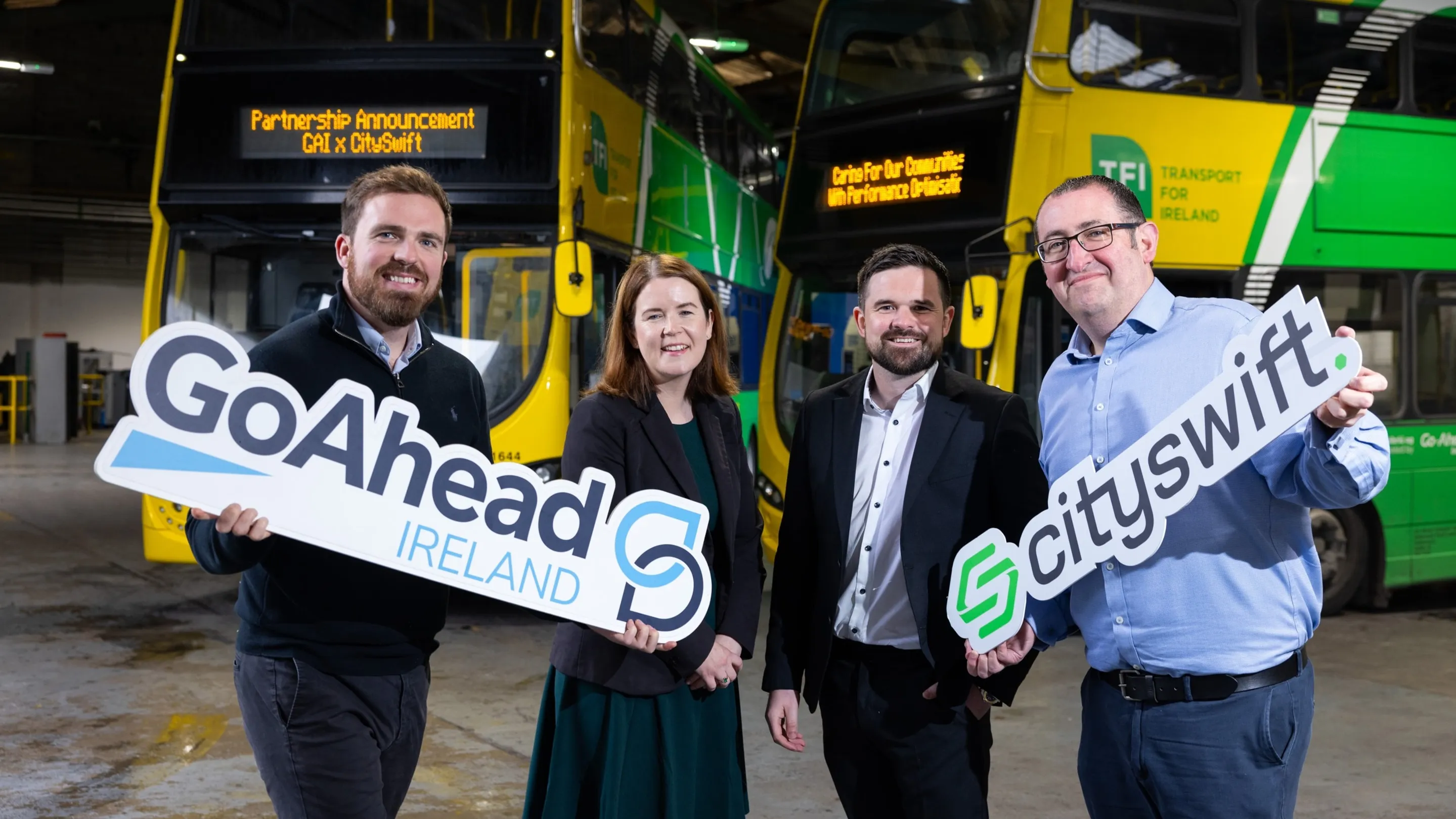
The Go-Ahead Group has partnered with CitySwift, a public transport performance platform used to make timetables more efficient and maximise service reliability in England.
The platform will provide Go-Ahead’s operating companies with the insights needed to maximise network reliability and punctuality. Go-Ahead has successfully used CitySwift in its East Yorkshire Buses, Oxford Bus Company, and Go North East operations. Go-Ahead said that these projects showed an improved service punctuality of up to 14%, a 4% increase in customer journeys and increased scheduler productivity.
CitySwift will be rolled out on a phased basis starting with Go North West and Kent Fastrack by the end of this year and for all other regional bus operating companies by 1 January next year. However, Go-Ahead said its London service is expected to be running by February followed by Go-Ahead Ireland later in 2025.
Powered by intelligent data processing, CitySwift optimises more than one billion passenger trips yearly. CitySwift’s platform removes obstacles to accessing transportation data, empowering teams with rapid and reliable performance insights.
Matt Carney, chief executive at Go-Ahead Bus, said the company is committed to continuously improving service reliability and punctuality for the tens of millions of customers who use our services across the country: “Using the CitySwift AI-powered platform to optimise our schedules and timetables will help us achieve this.”
Alan Farrelly, co-founder of CitySwift in 2016, said the partnership with Go-Ahead Group marks “a milestone” for building smart cities of the future. “We have worked with Go-Ahead Group since 2020, seeing tangible results across the companies which implemented our technology in achieving more efficient, faster and reliable bus services.”









